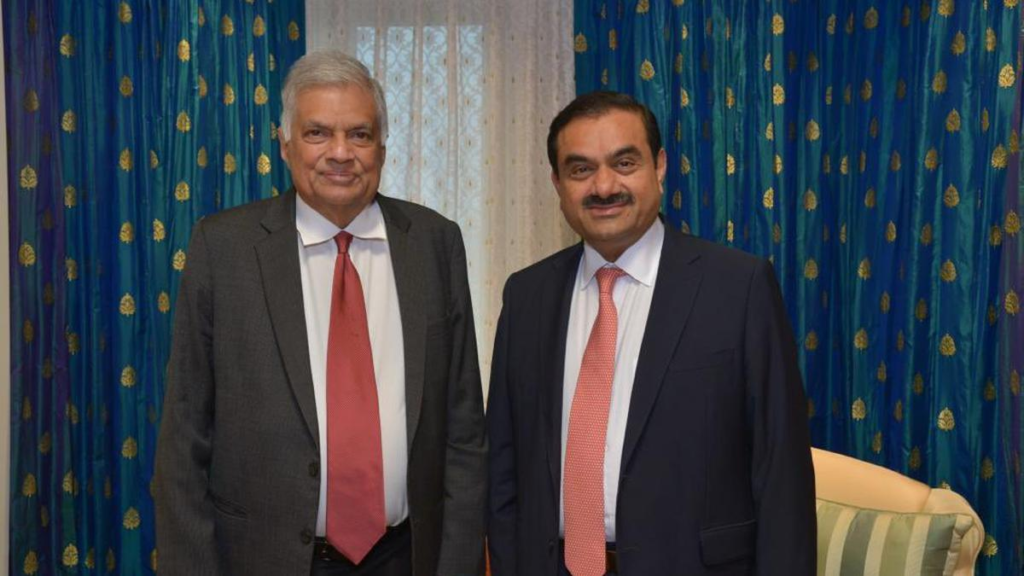A Cautionary Tale: The Adani Power Deal in Sri Lanka
A Controversial Partnership
The Adani Group’s power projects in Sri Lanka have been shrouded in controversy since their inception. Critics have raised concerns about the transparency and feasibility of these projects, particularly given the Adani Group’s history of opaque business practices.

The SEC Indictment and Its Implications
The recent indictment by the US Securities and Exchange Commission (SEC) against the Adani Group has further intensified scrutiny of these projects. The SEC’s allegations of fraud and market manipulation have raised serious questions about the financial viability and ethical implications of the Adani Group’s operations.
Economic and Environmental Concerns
For Sri Lanka, the Adani power projects pose significant economic and environmental risks. The country is already grappling with a severe economic crisis, and the additional debt burden from these projects could exacerbate its financial difficulties. Furthermore, the reliance on coal-fired power plants, which are major contributors to air pollution and climate change, could have long-term negative consequences for Sri Lanka’s environment and public health.
A Call for Transparency and Accountability
In light of these concerns, Sri Lankan experts have called for a thorough investigation into the Adani power projects. They have urged the government to prioritize the country’s long-term interests and to take steps to ensure that these projects are not detrimental to the nation’s economic and environmental well-being.
A Lesson for the Future
The Adani Group’s power projects in Sri Lanka serve as a cautionary tale for other countries considering similar deals with foreign companies. It is imperative for governments to conduct rigorous due diligence, prioritize transparency, and consider the long-term implications of such projects before entering into agreements.




















